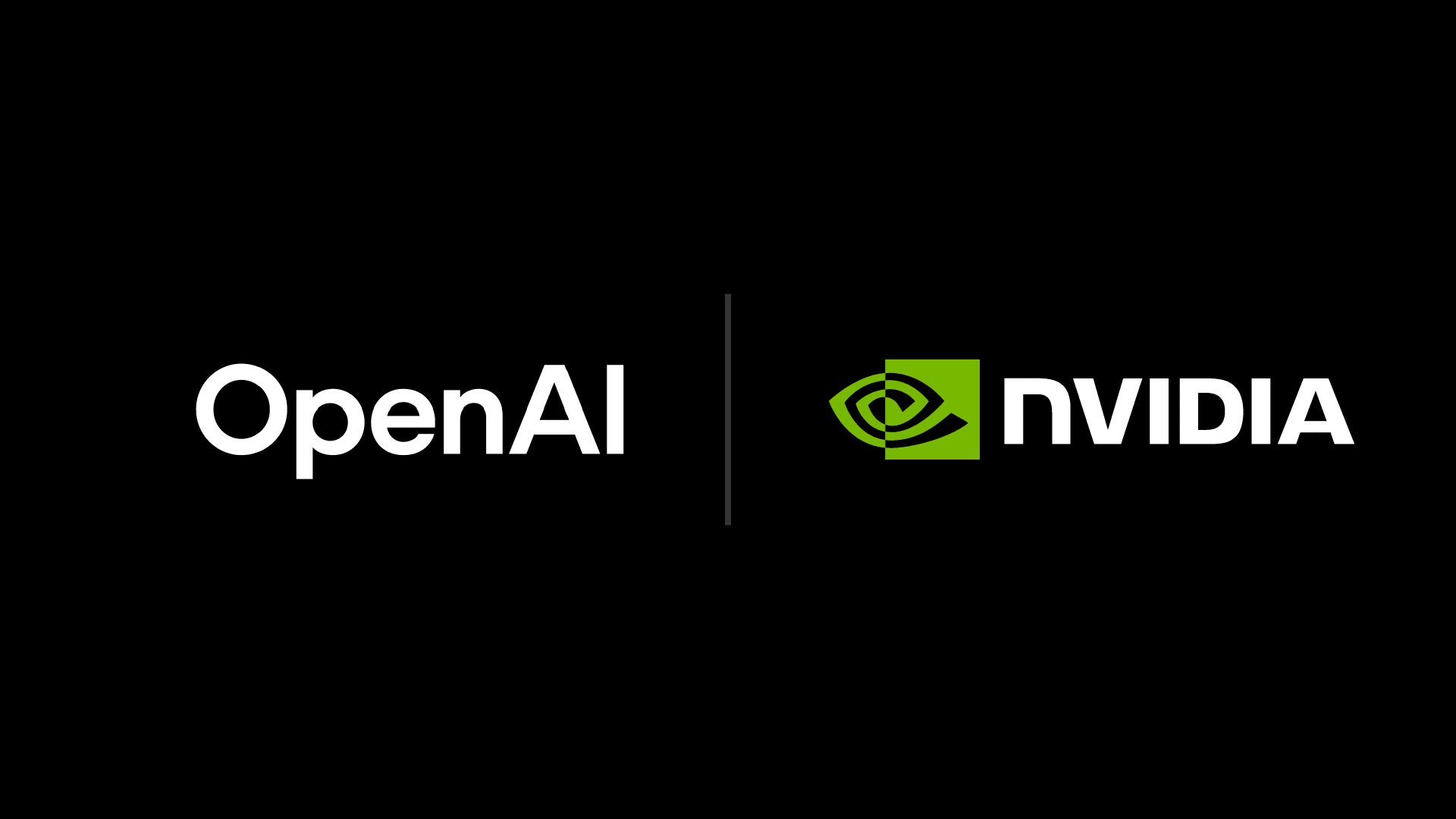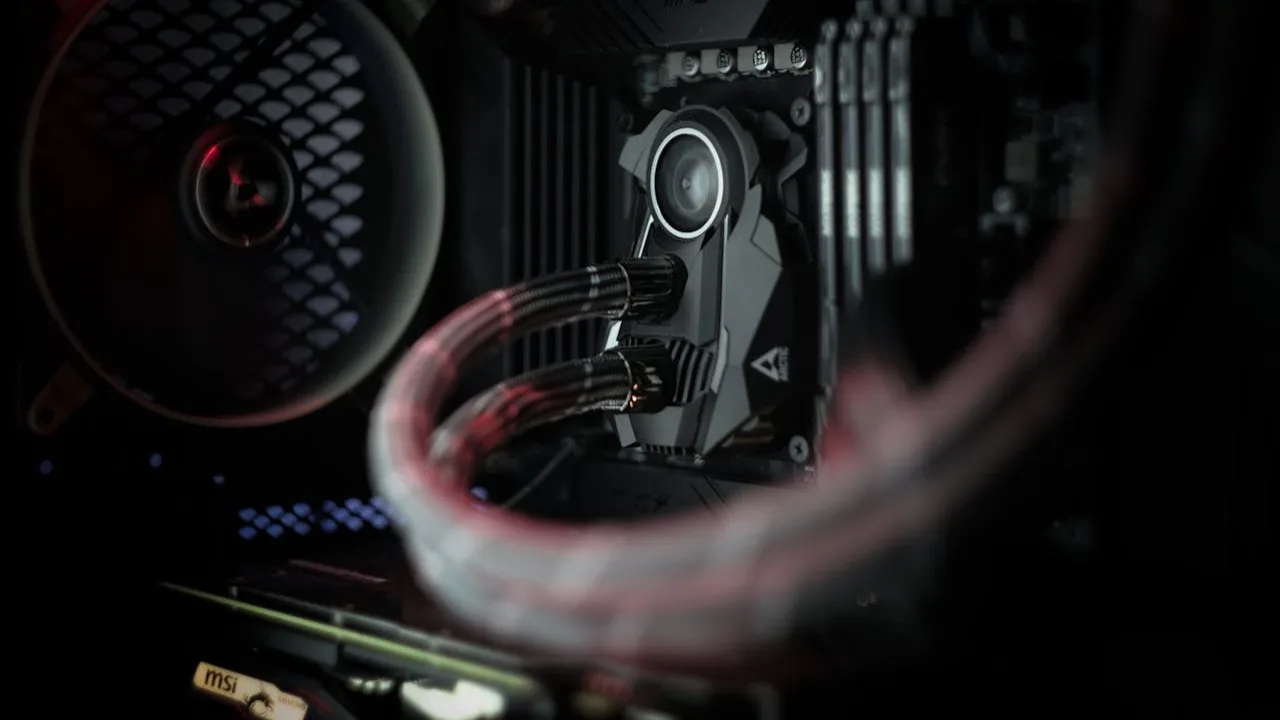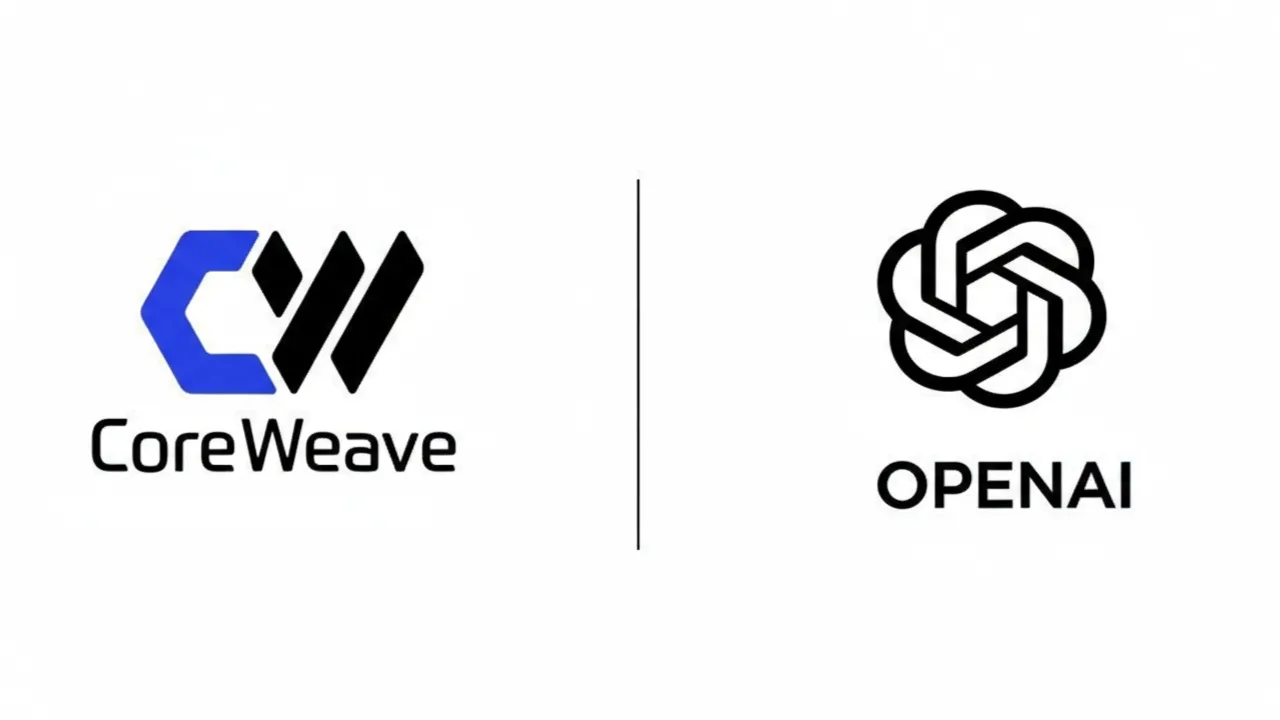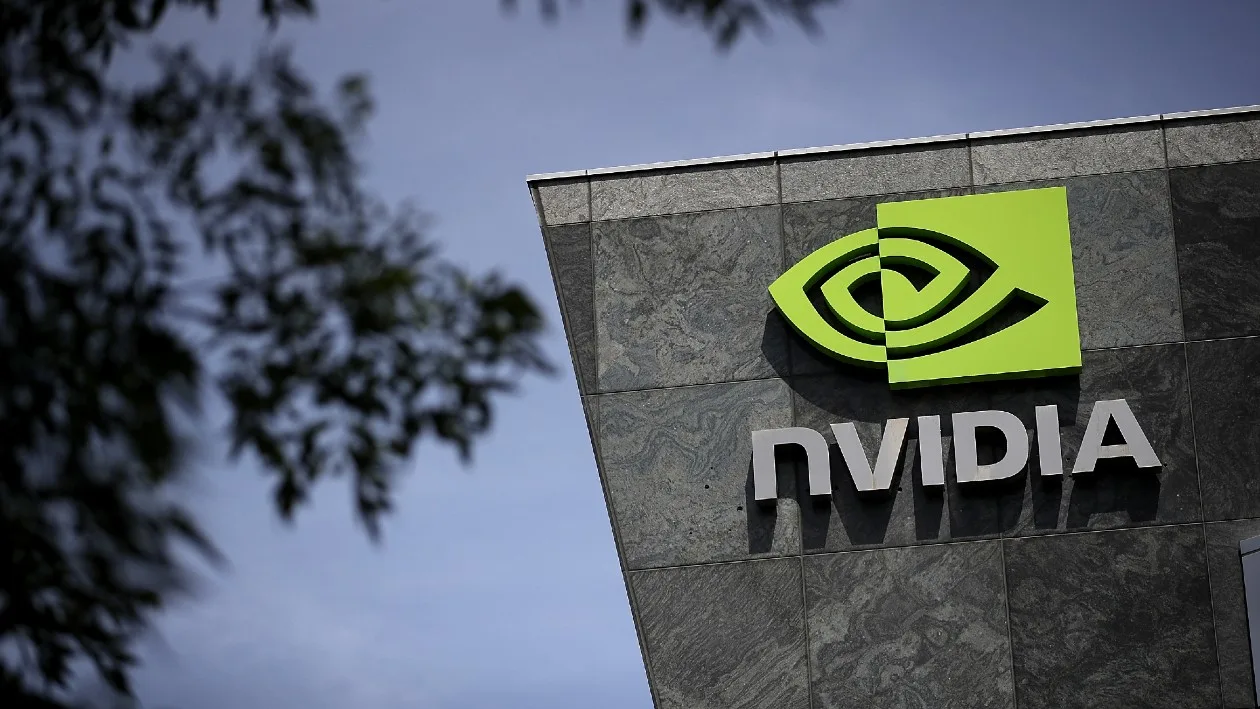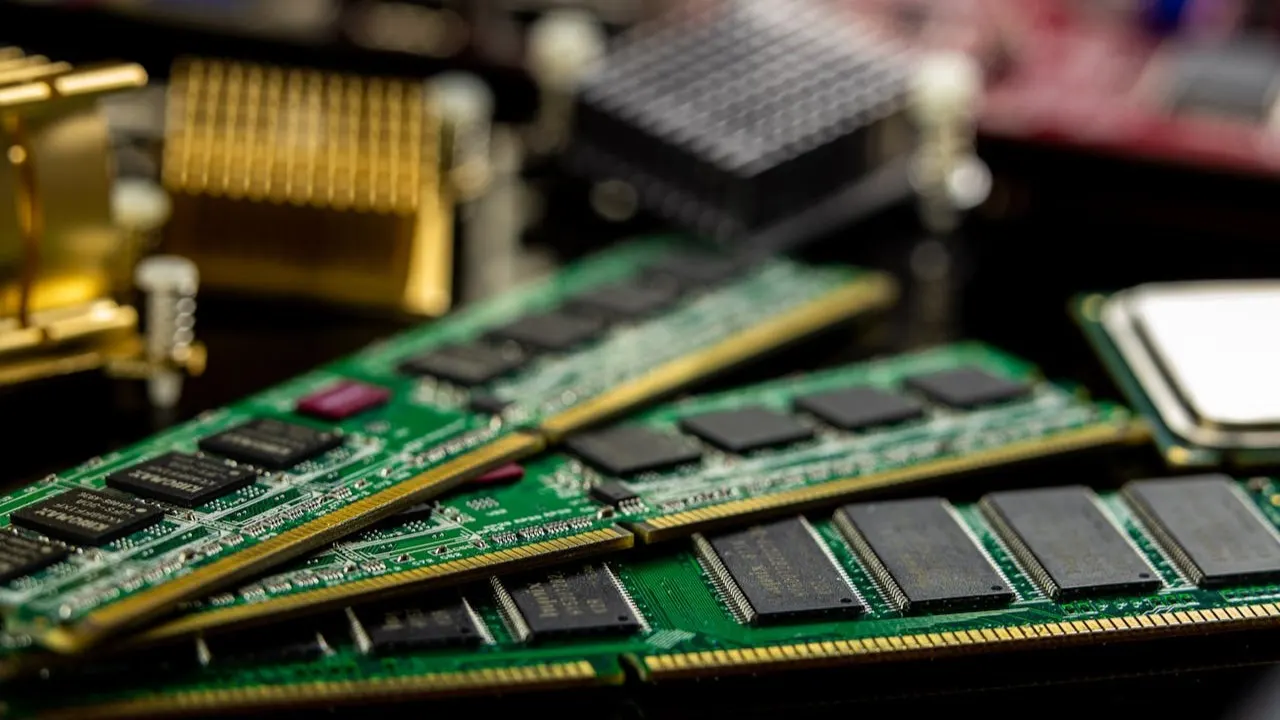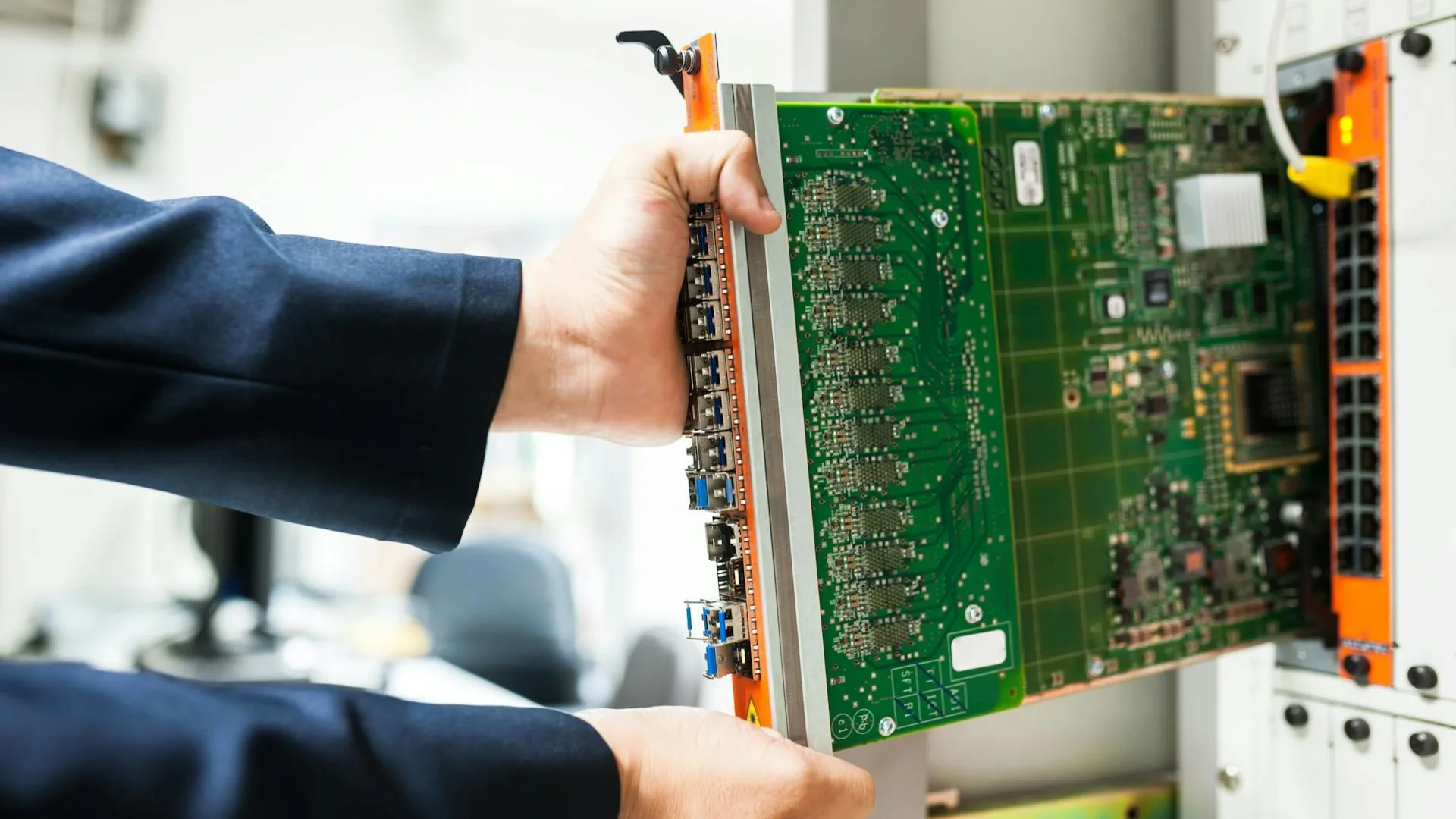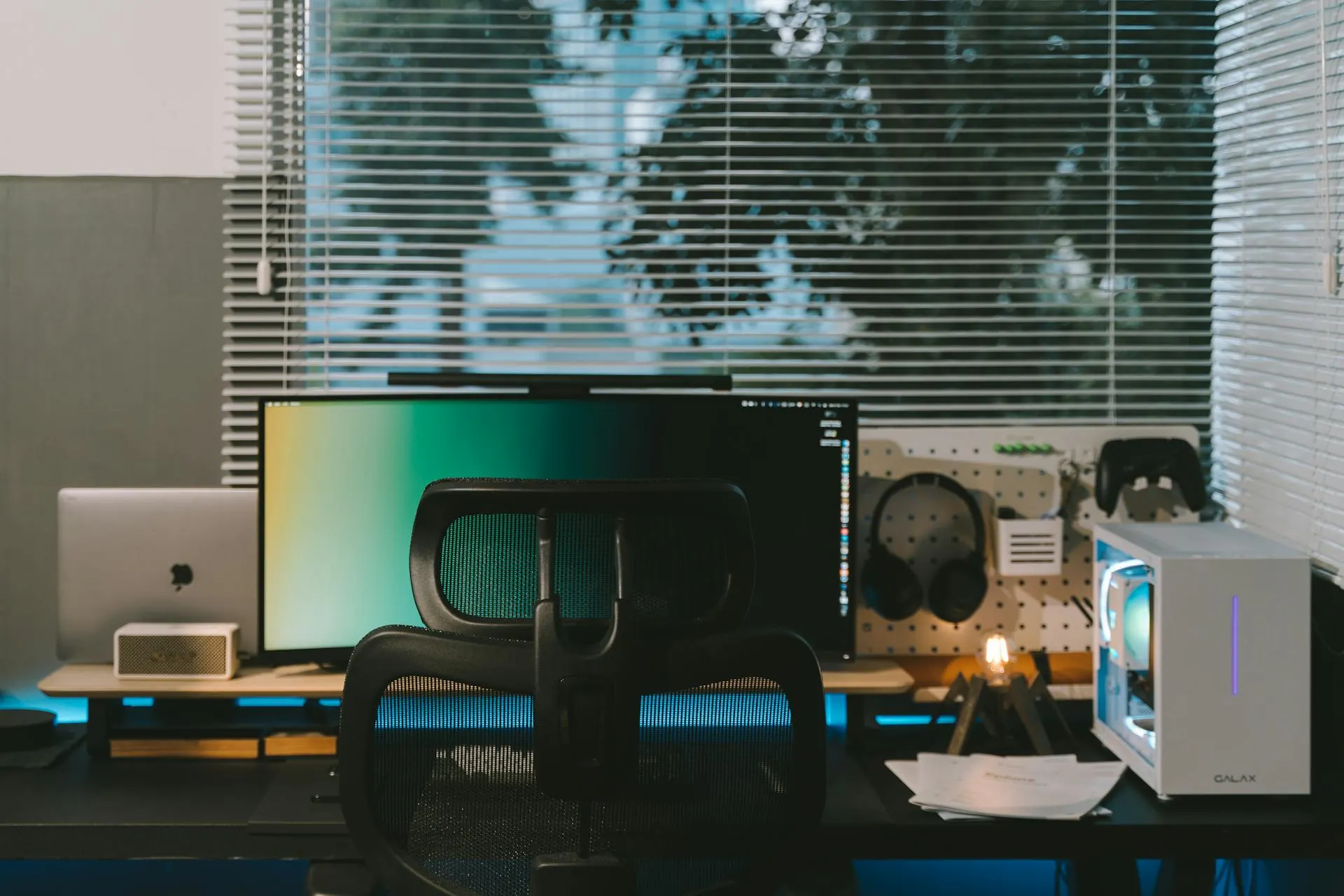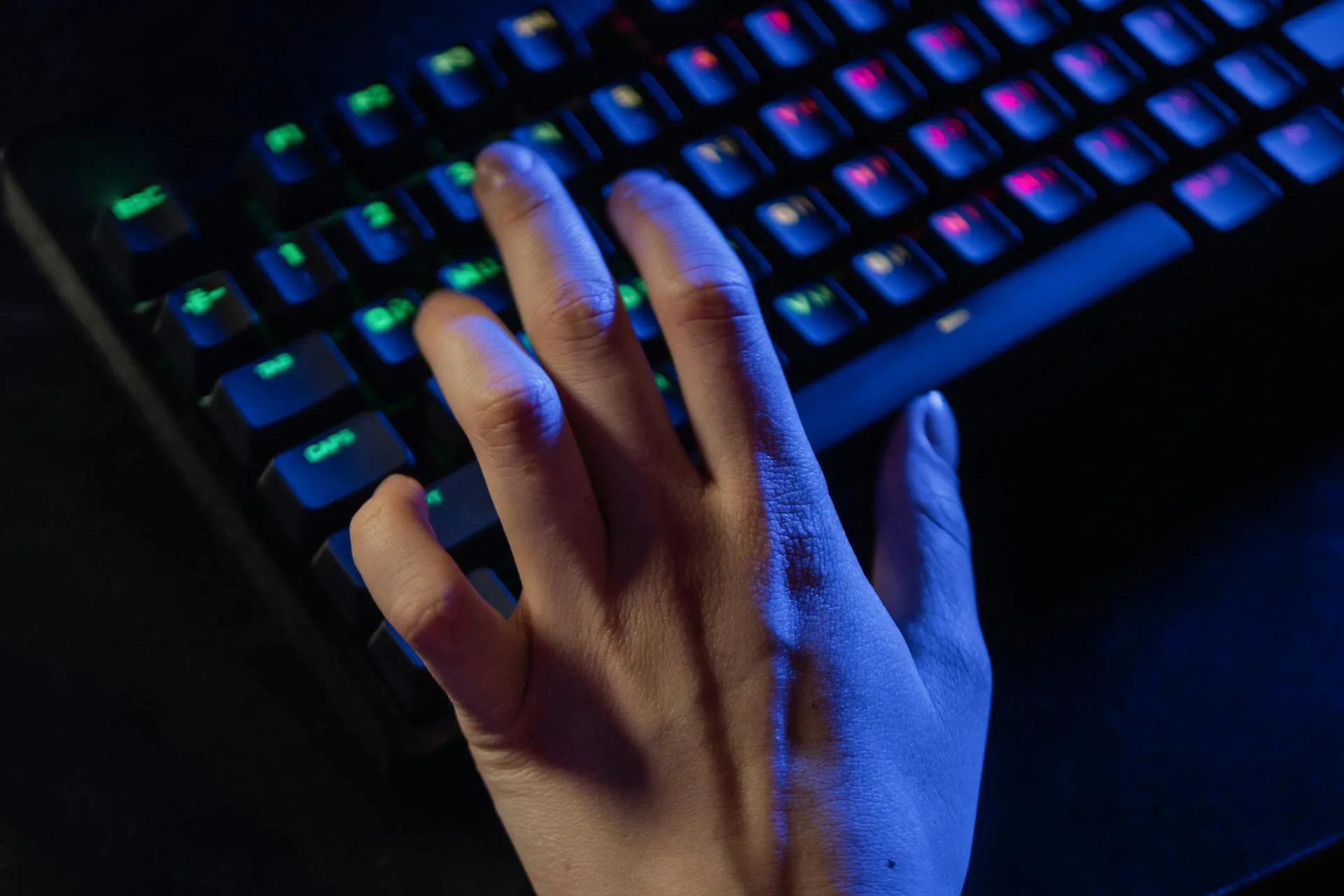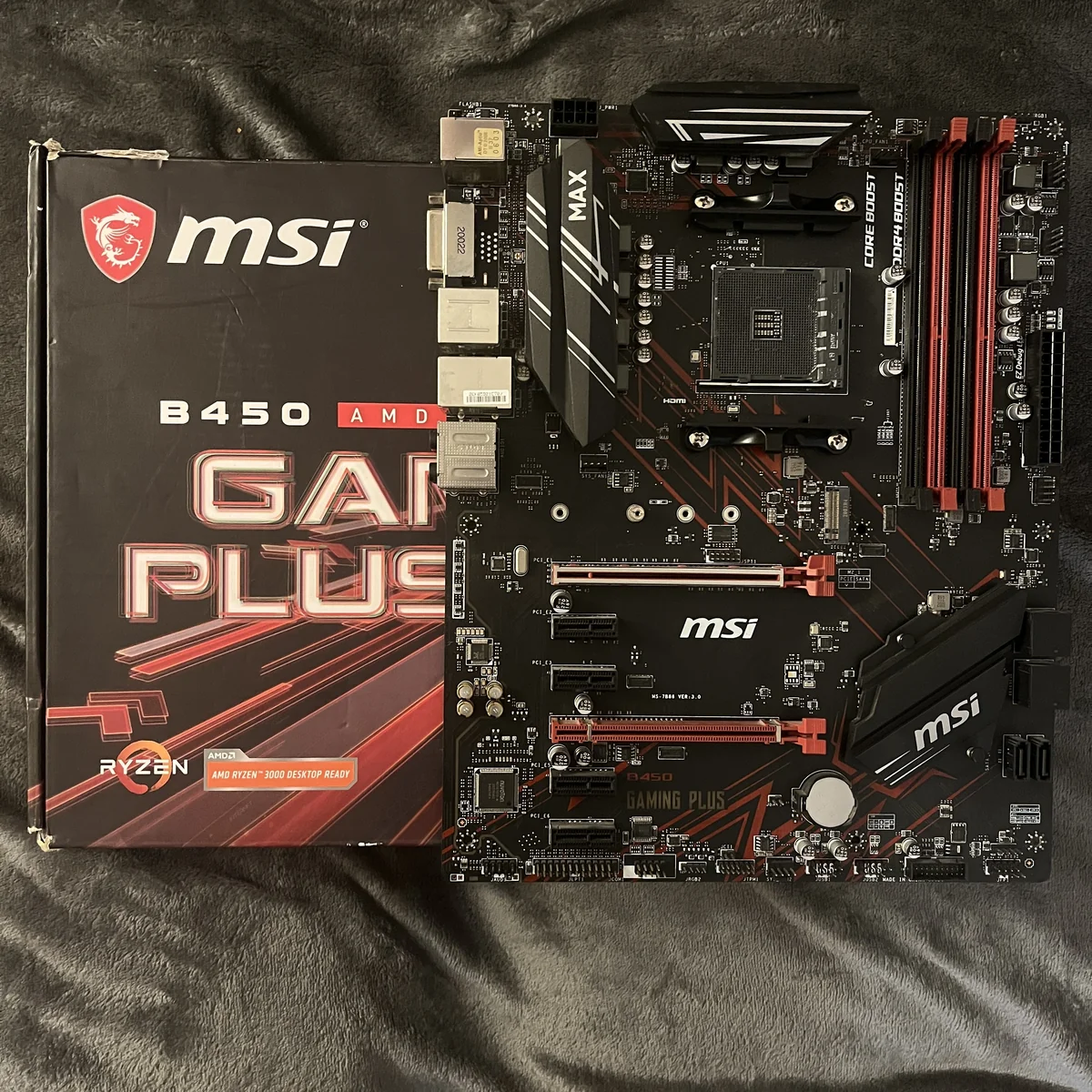Nvidia just pledged up to $100 billion to OpenAI in a deal that will see the companies deploy 10 gigawatts of GPU infrastructure for training and running AI models. It’s one of the biggest commitments in the history of computing - but if you’re a PC gamer, the first question is obvious: what does this mean for GPUs you can actually buy?
The Deal in Simple Terms
• Nvidia will invest up to $100B in OpenAI, staged
over time.
• They’ll build 10GW of AI compute infrastructure,
starting with 1GW in 2026, running on Nvidia’s new Vera Rubin platform.
• In return, Nvidia receives non-controlling shares in OpenAI, and
becomes OpenAI’s strategic partner for compute and networking.
Put plainly: OpenAI gets the GPUs it desperately needs. Nvidia gets even tighter control over the future of AI computing.
Why Gamers Are Nervous
If this all sounds familiar, it’s because it is. PC gamers still remember the GPU shortages of 2020–21, when Nvidia and AMD cards were nearly impossible to find thanks to cryptocurrency mining demand, global supply chain bottlenecks, and pandemic disruptions.
Now, with AI demand dwarfing crypto mining, gamers worry history could repeat itself: supply being siphoned away into massive data centers, leaving everyday consumers facing shortages or inflated prices.
Nvidia’s Official Promise
Nvidia has already gone on the record to calm those fears. The company insists that the OpenAI deal won’t impact GPU supply for other customers:
We will continue to make every customer a top priority.
Nvidia's statement
It’s a bold reassurance. Nvidia is clearly aware that if gamers, creators, and small businesses feel abandoned, it risks backlash. Read their statement.
What Could Still Go Wrong
Despite Nvidia’s promise, there are reasons to remain cautious:
- Sheer scale: 10GW of GPUs is a staggering commitment. Even phased over years, this will soak up a large chunk of production.
- Logistics: Building, powering, and cooling such infrastructure requires coordination at levels far beyond gaming PCs, and could create bottlenecks elsewhere in the supply chain.
- Prioritisation risk: If demand spikes, will Nvidia really treat a gamer buying one RTX 5070 the same as OpenAI ordering a million? That’s what regulators are now asking, too.
What This Means for You
For now, if you’re planning a gaming build, you don’t need to panic. The first deployments aren’t until 2026, and Nvidia’s consumer product roadmaps remain unchanged.
But the risk is real: if demand from AI continues to skyrocket, consumer supply could feel the squeeze again. It won’t necessarily be about Nvidia “abandoning” gamers, it’ll be about how much manufacturing and logistics can stretch when one customer (OpenAI) is this big.
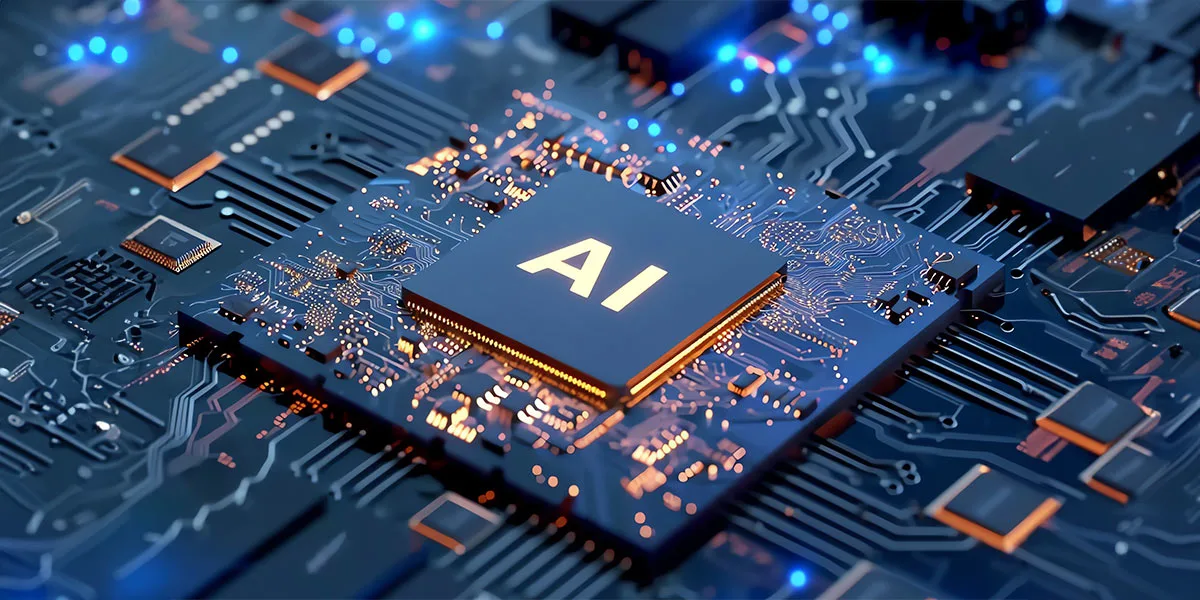
Final Words
Nvidia’s $100B OpenAI partnership shows where the company’s future lies: AI first, gaming second. But that doesn’t mean gamers are being left behind just yet.
Nvidia has promised every customer will remain a priority. Whether that holds true as 10GW of GPUs start rolling out is a story we’ll be watching closely.
For gamers, the takeaway is simple: don’t delay an upgrade waiting on this deal. But keep an eye on how supply chains shift as AI continues to scale.

